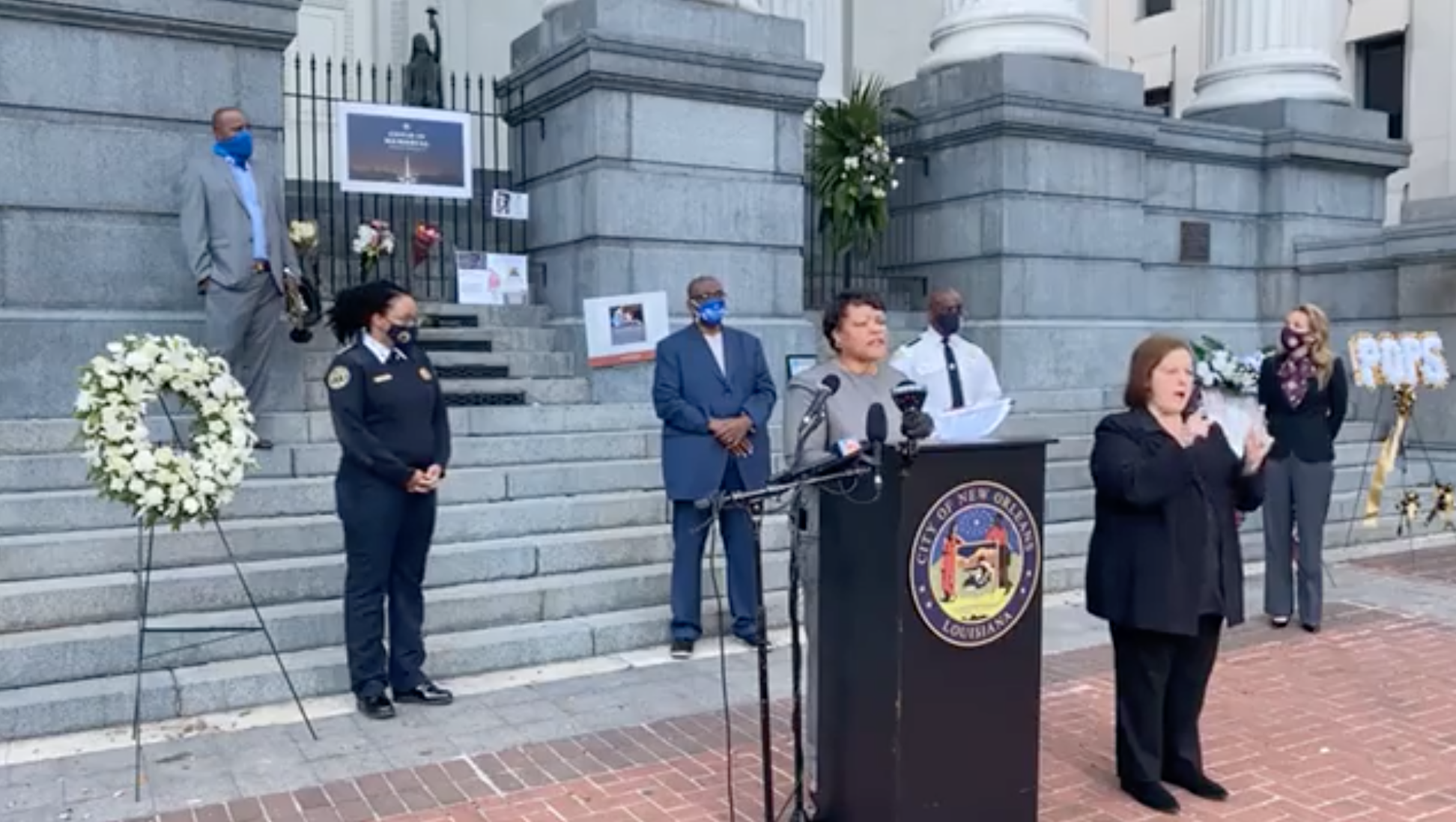The unprecedented economic turmoil ushered in by the COVID-19 pandemic has seen governments worldwide extending generous financial lifelines to their citizens and businesses. In other words, a lot of money “disappeared” while citizens lost their jobs, income and savings. The United States, in one of history’s most significant relief efforts, has dispersed around $5 trillion in federal relief over the past two years. American taxpayer money, printed out of thin air. However, a new report suggests that tracking this colossal expenditure is proving to be a Herculean task, even for government investigators. How convenient.
A report released by the Pandemic Response Accountability Committee (PRAC), a body created under the Coronavirus Aid, Relief, and Security Act (CARES Act), has thrown light on the daunting challenge of monitoring these funds. The committee found “persistent data gaps and data reliability issues” during an audit of $2.65 billion disbursed across six communities. This comprehensive audit illustrates a broader problem – the opaque nature of the entire $5 trillion in pandemic relief spending.
The case study included a diverse range of communities: two small-to-medium-sized cities (Springfield, Massachusetts and Coeur d’Alene, Idaho), two rural counties (Sheridan County, Nebraska and Marion County, Georgia), and two Native American Reservations (the White Earth Nation Reservation in Minnesota and the Jicarilla Apache Nation Reservation in New Mexico). The relief funding for these communities came from about 89 different pandemic relief programs and subprograms run by 10 federal agencies over the first 18 months of the pandemic.
The investigators faced a labyrinth of data discrepancies and unavailability while trying to comprehend the expenditure. Some program officials administering the funds did not have a clear understanding of the recipients and uses due to these data gaps. In some instances, data was challenging to find, while, in others, it was entirely inaccessible to the public. The report underscored the “clear need for broad government action and immediate steps to improve the transparency and accessibility of pandemic spending data.”
The crux of the matter is this: American taxpayers, decision-makers, and the oversight community are left in the dark about the allocation and utilization of the $5 trillion pandemic relief funds. As the report grimly states, “Existing gaps in federal spending data make it difficult for…American taxpayers to fully understand where the money went and how it was used.”
As the country grapples with the economic repercussions of the pandemic, the lack of transparency and accountability in pandemic spending is a cause for concern. The struggle to track these funds underlines the need for an overhaul in financial reporting, assuring taxpayers that their money is well-spent and providing decision-makers with the necessary data to guide future policy decisions.
The full report should serve as a clarion call to our government officials: it’s time to plug the data gaps, foster transparency, and ensure the effective management of federal funds, pandemic-related or otherwise. Or simply shut down most of the 400+ unelected American agencies filled with wasteful bureaucrats – many busybodies with nothing to show for who try to address problems that could much better be addressed on the state level – states which are closer to the issue, more efficient and for all intents and purposes as big as entire nation states who solve these issues across the globe every single day. The federal out-of-control system has long since lost the last shred of trust of the American taxpayer – no matter whether it’s the Ukrainian black hole at the moment or the painful Afghanistan surrender that lost $80B (!) and thousands of precious American lives with nothing to show for except scars and a broken infrastructure at home – continuously mismanaged by Marxist majoring in gender studies who find cushy homes in the federal bureaucracy.







